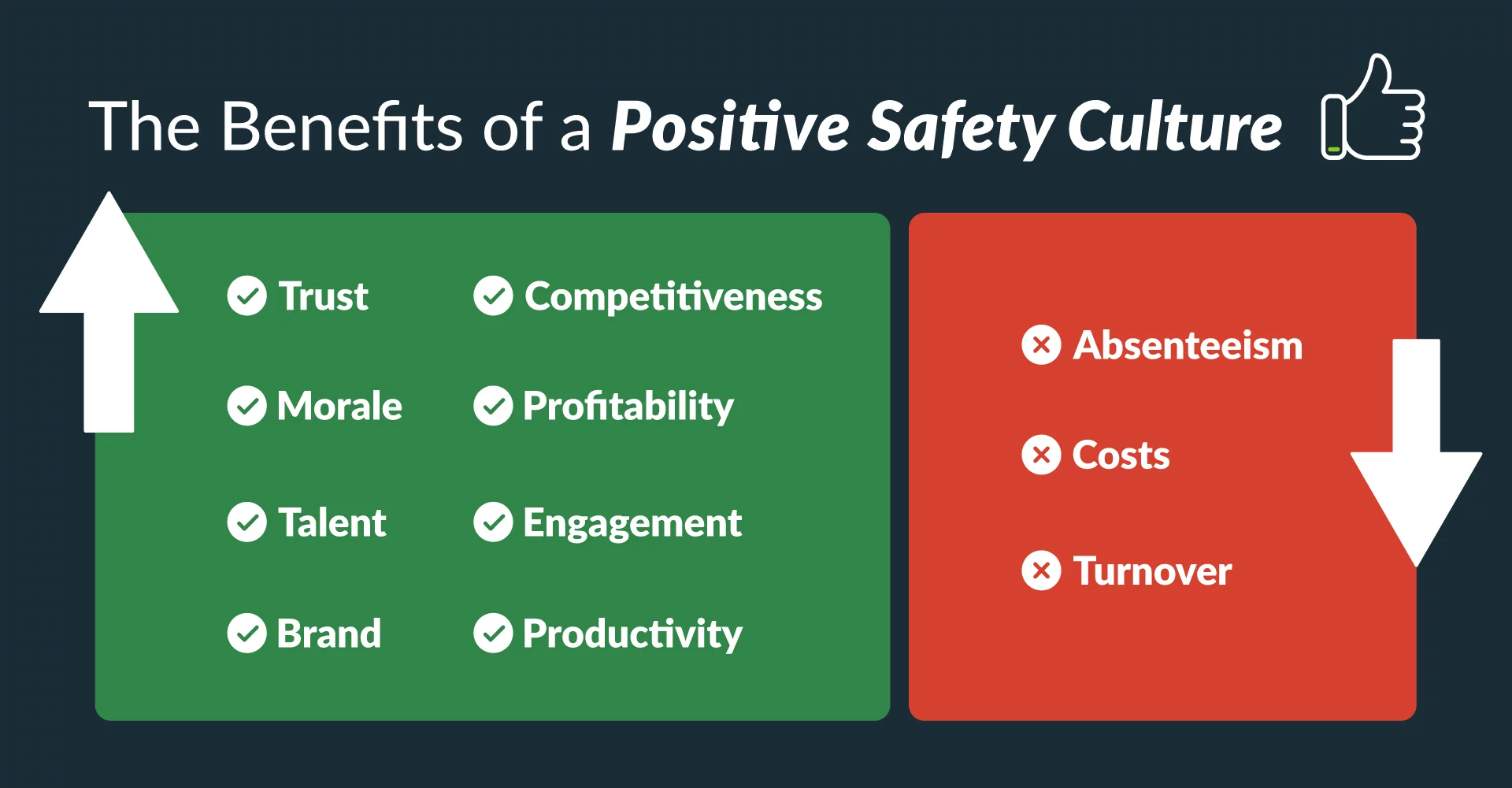
A strong security culture, where employees are engaged and proactive, is critical to mitigating cyber risks. Building this culture involves teamwork, training, and open communication.
The Human Firewall: Why Culture Matters
In today's digital landscape, cyber threats are constantly evolving, becoming more sophisticated and harder to detect. While technological defenses like firewalls and antivirus software are essential, they're not enough. The strongest defense against cyberattacks is a robust security culture – a human firewall built on awareness, vigilance, and shared responsibility.
Think of it this way: you can have the most advanced lock on your front door, but if you leave the window open, a burglar will still get in. Similarly, even the best cybersecurity technology can be bypassed if employees aren't aware of the risks and don't follow security best practices. So, how do you build this "human firewall"? Let's dive in.
Key Ingredients for a Strong Security Culture
A strong security culture isn't just about telling employees what to do; it's about creating an environment where security is a shared value. Here are some key elements:
- Leadership Buy-In: It starts at the top. When leaders prioritize security and visibly support security initiatives, it sends a powerful message to the entire organization.
- Employee Engagement: Security shouldn't be a chore. Engage employees with interactive training, gamified simulations, and open communication channels to foster a sense of ownership.
- Effective Policy Design: Policies should be clear, concise, and easy to understand. Avoid jargon and focus on practical guidelines that employees can easily follow.
- Cyber Hygiene Practices: Promote basic cyber hygiene habits like strong passwords, regular software updates, and cautious email handling. Make it easy for employees to do the right thing.
Consider this: How often do you update your passwords? Do you know how to spot a phishing email? These small actions, when practiced consistently across the organization, can significantly reduce your risk.
My Two Cents: Security is a Team Sport
In my opinion, building a security culture isn't just about preventing cyberattacks; it's about fostering a culture of trust and collaboration. When employees feel empowered to report suspicious activity and know they won't be penalized for making mistakes, it creates a more resilient and secure organization. It’s about making everyone a stakeholder in protecting the company’s assets and reputation.
The Future of Security Culture
As cyber threats continue to evolve, so too must our approach to security culture. The future will likely involve more personalized training, AI-powered threat detection, and a greater emphasis on proactive risk management. The key is to stay agile, adapt to new challenges, and never stop learning.
What steps are you taking to build a stronger security culture in your organization? Share your thoughts in the comments below!
